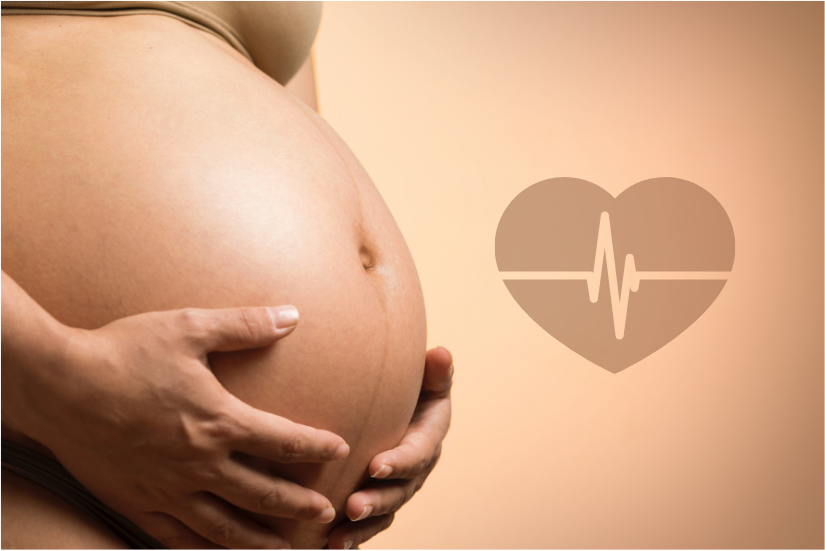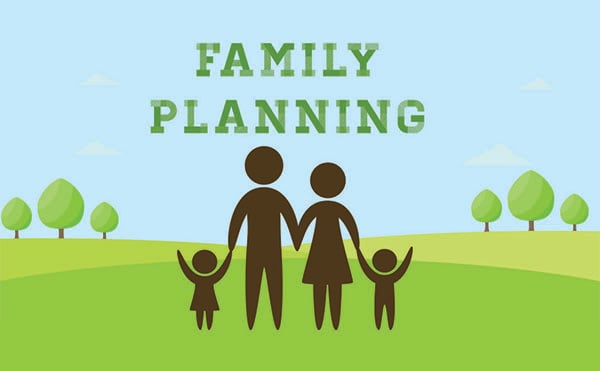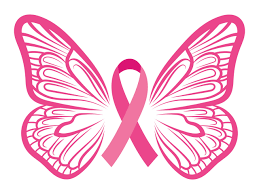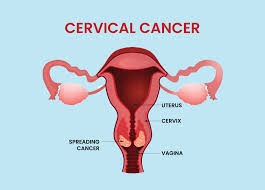Pregnancy is a special time filled with hope and anticipation, but it also comes with health challenges that require extra care. One important condition to be aware of is hypertension (high blood pressure) during pregnancy, which can affect both mother and baby if not properly managed.
For expectant mothers in Ghana, understanding the risks, symptoms, and the importance of prenatal care is vital for a safe and healthy pregnancy journey.
What Is Hypertension in Pregnancy?
Hypertension during pregnancy means that a woman has high blood pressure while she is expecting. It can take different forms:
-
Chronic Hypertension: High blood pressure that existed before pregnancy or appears before 20 weeks of gestation.
-
Gestational Hypertension: High blood pressure that develops after 20 weeks of pregnancy without signs of organ damage.
-
Preeclampsia: A serious condition where high blood pressure is accompanied by protein in the urine and can affect the liver, kidneys, and other organs.
Why Is Hypertension a Concern During Pregnancy?
High blood pressure can reduce blood flow to the placenta, depriving the baby of oxygen and nutrients, which may cause:
-
Low birth weight
-
Premature birth
-
Placental abruption (placenta detaches early)
-
Increased risk of stillbirth
For the mother, hypertension increases the chance of:
-
Stroke
-
Organ damage (kidneys, liver)
-
Seizures (eclampsia)
-
Need for early delivery, sometimes by cesarean section
Signs and Symptoms to Watch For
Some women with hypertension may have no symptoms, so regular prenatal visits are essential. When symptoms do occur, they may include:
-
Severe headaches
-
Blurred vision or spots before the eyes
-
Swelling of hands and face
-
Sudden weight gain
-
Upper abdominal pain
-
Decreased urine output
If you experience any of these, seek medical care immediately.
Prenatal Care: The Best Defense
Early and regular prenatal care is key to detecting and managing hypertension:
1. Regular Blood Pressure Checks
Health workers will monitor your blood pressure during every visit.
2. Urine Testing
Checking for protein in urine helps identify preeclampsia.
3. Healthy Diet and Lifestyle
-
Reduce salt intake to control blood pressure.
-
Eat balanced meals with fruits, vegetables, whole grains, and lean protein.
-
Avoid alcohol and tobacco.
-
Stay physically active, with your doctor’s advice.
4. Medication When Needed
If prescribed, take blood pressure medication exactly as directed. Many medicines are safe during pregnancy.
5. Close Monitoring for Complications
You may need extra ultrasounds or blood tests to check your baby’s growth and well-being.
Tips for Expectant Mothers in Ghana
-
Attend all antenatal appointments: Don’t skip visits, even if you feel fine.
-
Know your family history: Hypertension and preeclampsia can run in families.
-
Inform your healthcare provider of symptoms: Early reporting helps prevent complications.
-
Rest well: Get enough sleep and avoid stress where possible.
-
Seek support: Talk to your partner, family, or community health workers for help.
Community and Healthcare Support
Ghana’s health system offers free or low-cost prenatal services at hospitals and clinics nationwide. Many regions also have maternal health outreach programs where community health nurses educate women on pregnancy care, including managing hypertension.
If you are pregnant or planning to become pregnant and have high blood pressure, talk openly with your healthcare provider about your concerns and treatment options.
Final Thoughts
Hypertension during pregnancy is a serious condition but with proper care and attention, most mothers and babies can have healthy outcomes. Early detection, lifestyle changes, medication if needed, and regular prenatal visits are your best tools for a safe pregnancy journey.
By staying informed and proactive, Ghanaian expectant mothers can protect their health and that of their precious babies.





Comments (0)
Leave a Comment
No comments yet. Be the first to share your thoughts!